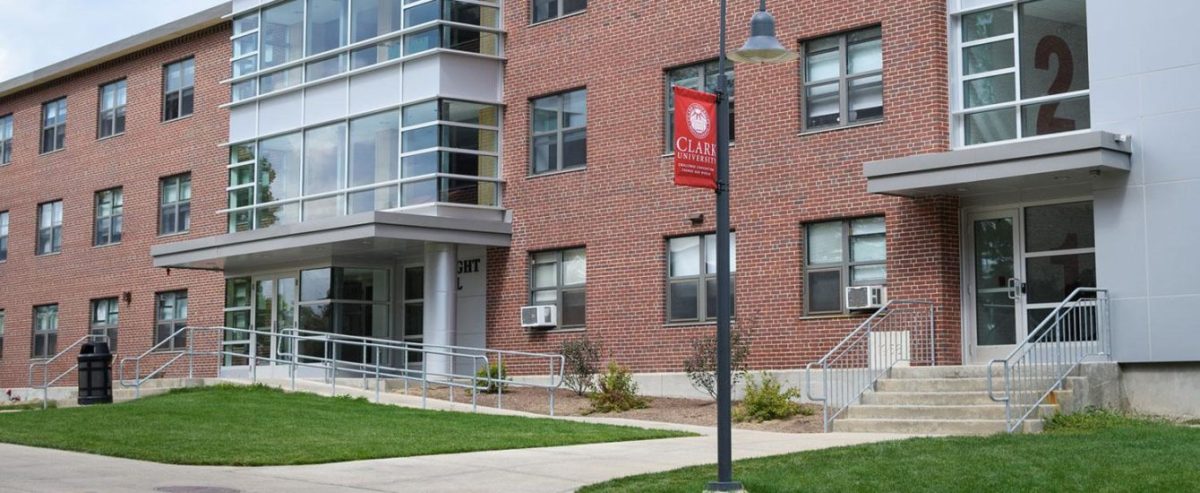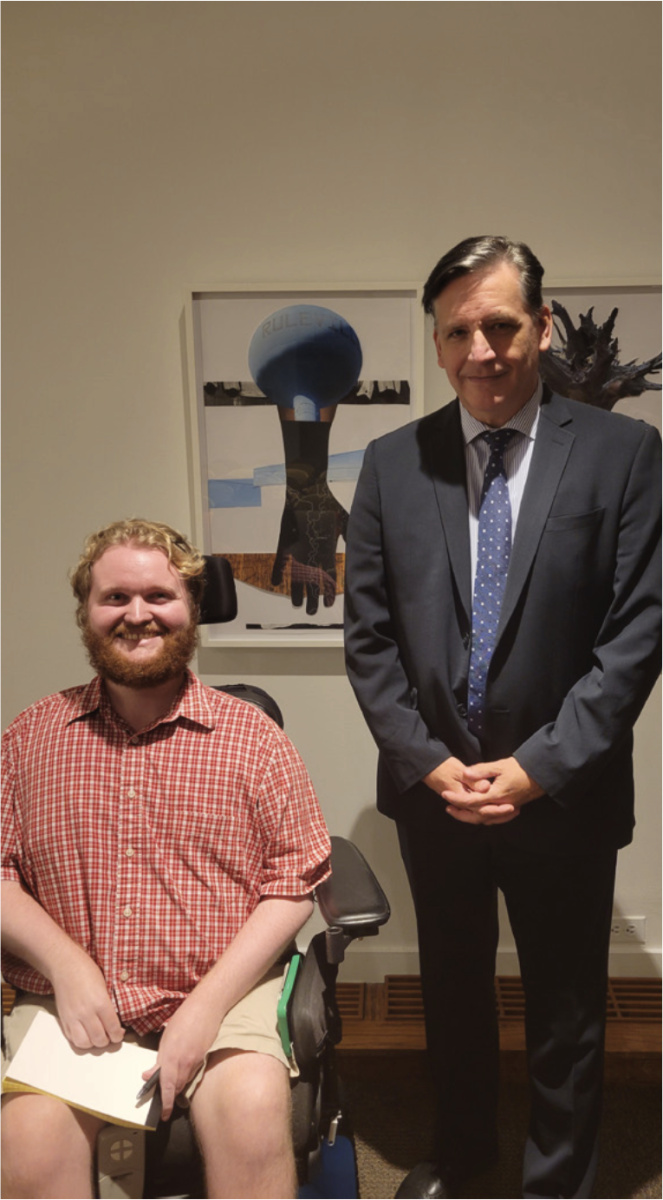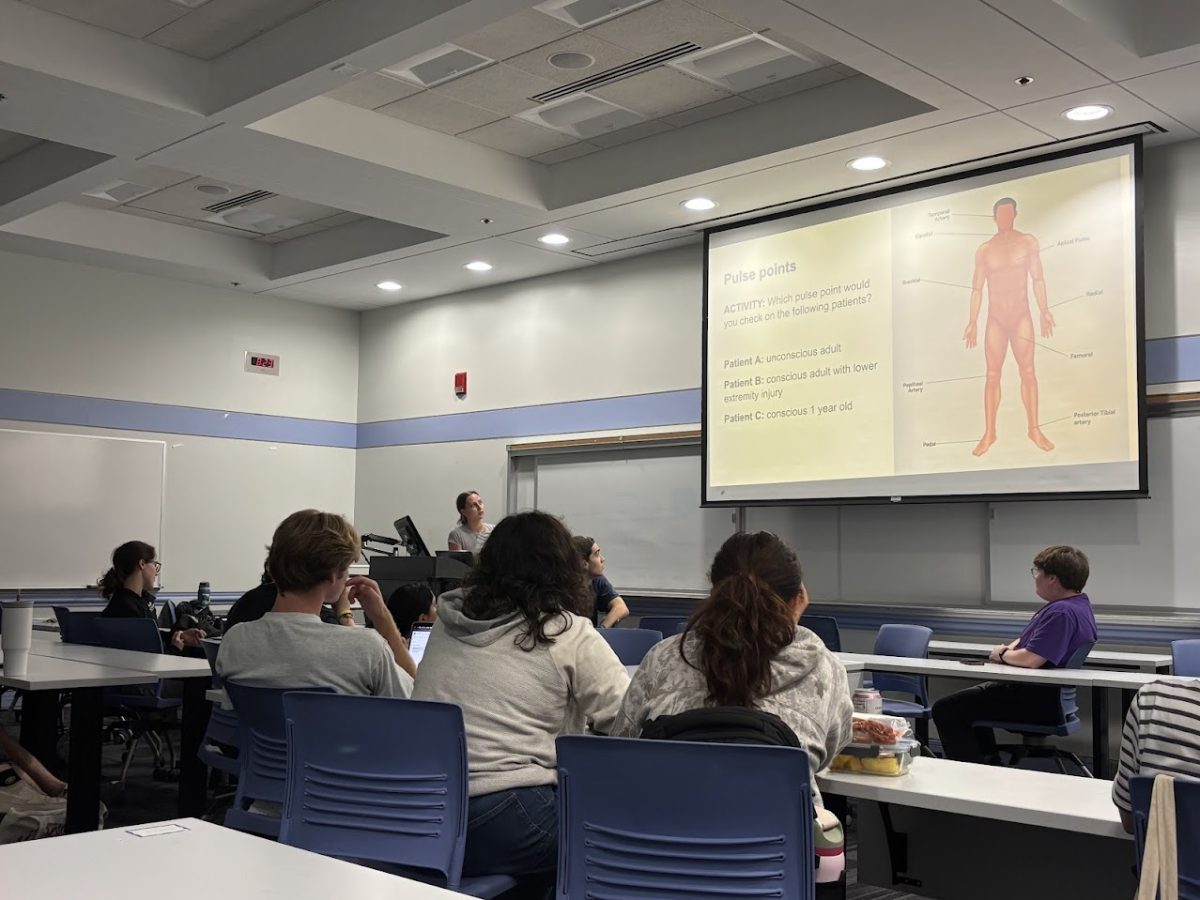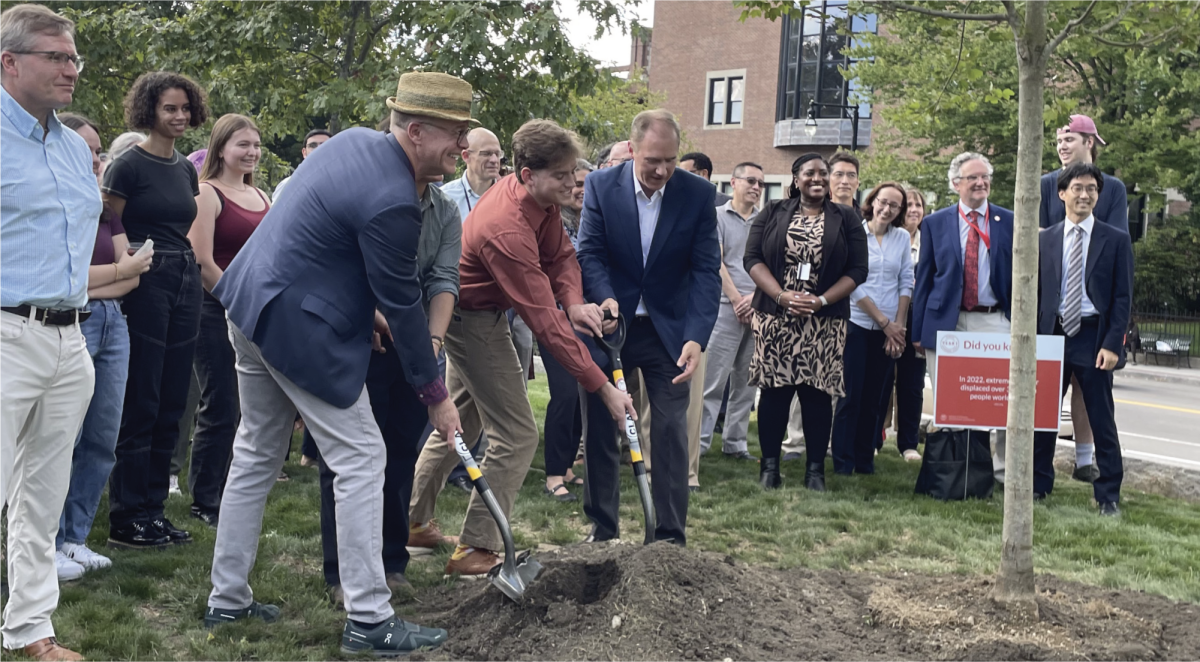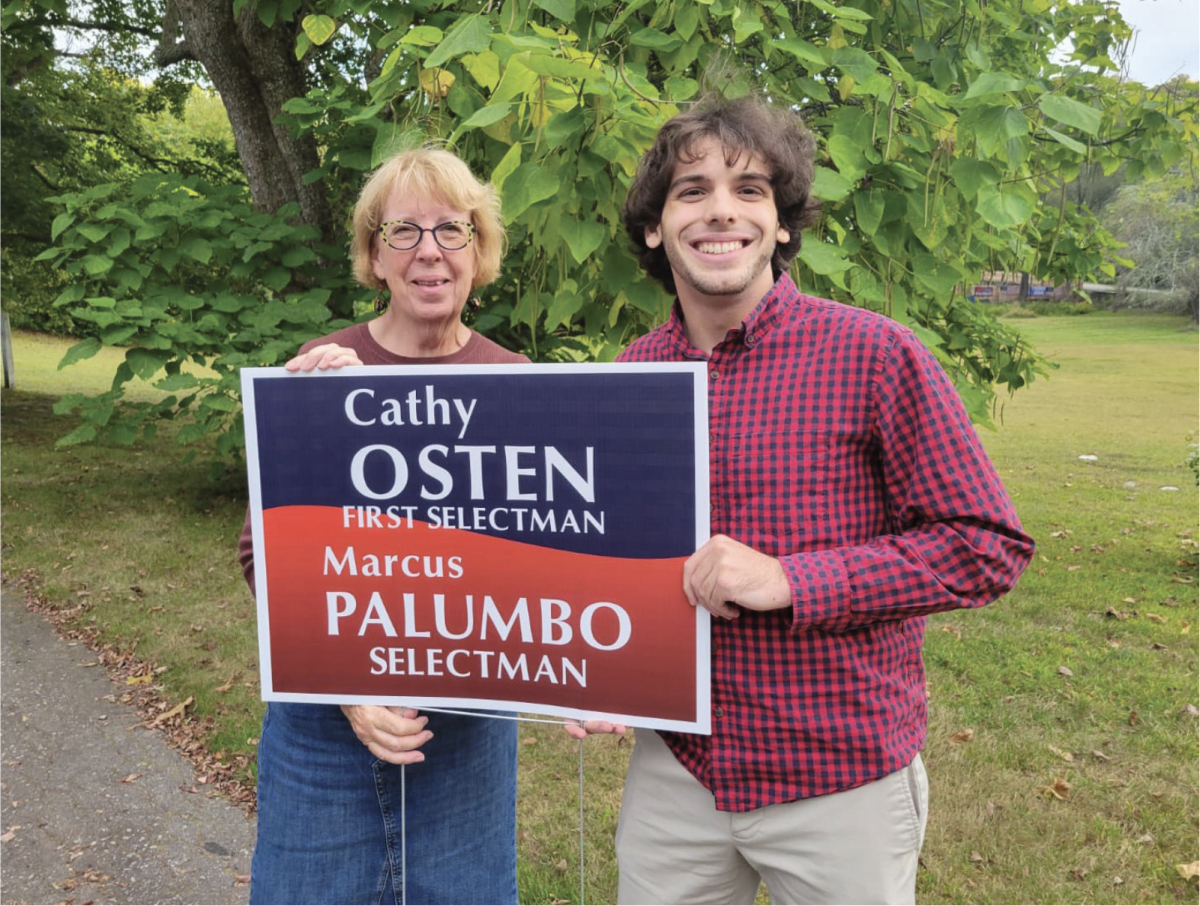When Clark students moved into their on-campus housing this year – first-years and returners alike – they were asked to participate in “Cougar Chats” with their Resident Advisor, or RA.
Other colleges might call these “Intentional Conversations.” Cougar Chats are an opportunity for RAs to provide individualized support to their residents in Clark’s dormitories, according to Jess Montecalvo and Eden Edward-Harris, Director and Assistant Director, respectively, of Clark’s Office of Residential Life & Housing (RLH).
In an interview with The Scarlet, the two clarified that Cougar Chats are designed to be conversations, first and foremost. The goal, they said, is to provide support to residents in a one-on-one setting. That kind of interaction is especially important for first-years as they build connections and discover on-campus resources, they said.
With around 1,665 undergraduate and graduate students living in Clark-owned housing, according to the RLH website, this change impacts many students.
Cougar Chats are considered by RLH to be an extension of their pre-existing residential curriculum, and exist alongside dorm hall programs, office partnerships, and other aspects of campus life, said Montecalvo and Edward-Harris. Both are open to the chats occurring over Zoom or by email, rather than in person, to accommodate the needs of neurodiverse students.
Cougar Chats are what you make of them. Montecalvo said that some people choose to disclose a lot of personal information, while others do not. Students are also allowed to opt out of these conversations: if an RA reaches out to a resident three times and receives no response, they will consider it a rejection of the Cougar Chat.
RAs are directed to ask questions about community, connections and the need for support. Cougar Chats will look different depending on where a student lives, according to Montecalvo and Edwards-Harris. The conversation will likely be suited to its context, whether it be in RLH-managed apartments and houses, suites, or affinity housing. They will likely differ by class year, too.
“None of those conversations are going to look the same because none of those people are the same,” said Montecalvo.
There will be three Cougar Chats this year, one of which has already occurred – so, what are the RAs and RLH doing with the information they have already received?
Montecalvo and Edwards-Harris shed some light on the Cougar Chat process from the moment they happen to the actions taken afterwards. After reaching out and having the intentional conversation with their resident, an RA will record the information shared in the conversation on a spreadsheet.
The spreadsheets are shared with their Community Directors (RLH staff) to start, but may be seen by others in the office. Montecalvo and Edwards-Harris said that the wider trends that each individual case helps to illustrate may be shared with other offices. Still, Montecalvo later said, “we can essentially track folks through their four years to see how some of those [trends] might change and evolve,” suggesting that RLH may analyze trends in both individuals and groups.
If a resident mentions something concerning to an RA, the RA may seek guidance from their Community Director, or even higher-ups like Montecalvo and Edwards-Harris, if necessary. For example, RAs are mandated reporters; if information relating to a Title IX violation is brought up by a resident in the Chat, the RA is obligated to report the information to the appropriate authority.
Most often disclosed, though, are residents’ mental health struggles. In response, an RA might refer them to the Center for Counseling and Personal Growth, the Wellness Office, or the Care Team.
The process of creating and implementing Cougar Chats took a couple of years, and RLH is open to feedback and change. “These conversations are conversations that were happening already…we’re just giving it a name,” said Edwards-Harris.
Montecalvo and Edwards-Harris also disclosed that increased resources for those not in RLH housing, such as commuter and off-campus students, are in the works and will be introduced soon.
In September, The Scarlet’s editorial team made attempts to interview RAs, but all declined.

